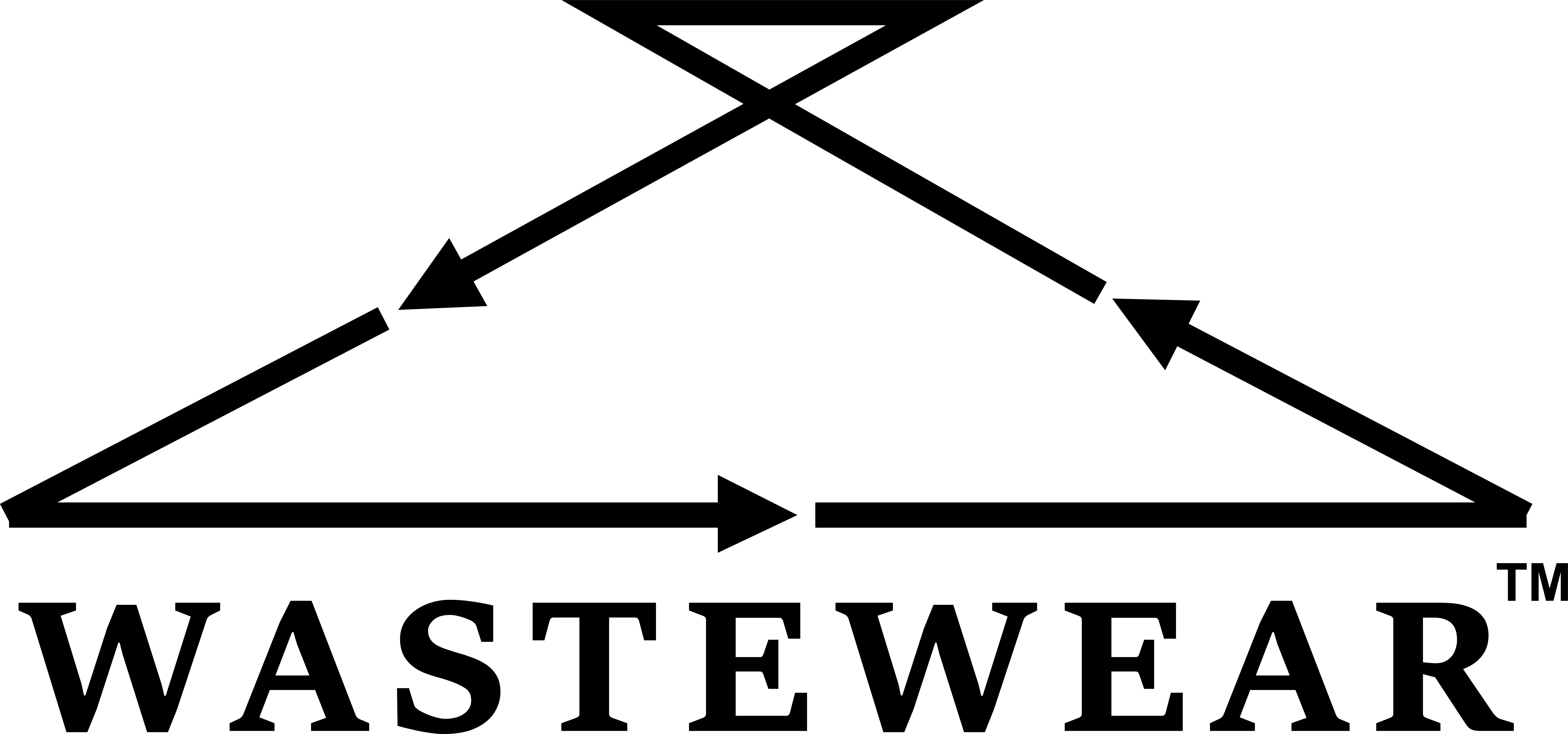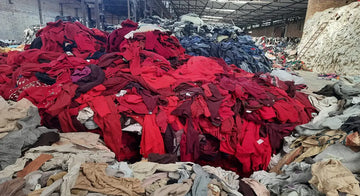WASTEWEAR's primary focus is on reducing the industry's dependence on virgin materials by championing the widespread adoption of recycled materials in textiles. They do this by promoting circular fashion practices and products, that keep waste within our systems for longer and out of landfills completely. WASTEWEAR is dedicated to promoting environmental stewardship and pioneering innovative solutions that ensure a more circular future for the fashion industry.
Implementation of the Project/Activity
WASTEWEAR exclusively uses recycled waste materials, primarily textile waste and used plastic bottles to make all our products. No dyes are used in their production process either and the color is derived from the waste they source. Recycled fibers obtained from textile waste and used plastic bottles are spun into yarn, the yarn is knit or woven into fabrics, and the fabrics are used to make products as needed.
Arrangements for Capacity-Building and Technology Transfer
Leadership and Decision-Making
WASTEWEAR is committed to fostering a sustainable and circular economy by providing planet-positive brands and organizations access to products made from 100% recycled waste materials. The governance of this initiative is structured to ensure transparency, collaboration, and effective partnerships in the pursuit of environmental responsibility.
Partnerships and Collaborations
To achieve its mission, WASTEWEAR actively seeks and forms partnerships with like-minded brands and organizations. The initiative collaborates with planet-positive brands through two primary avenues:
-
Brand Partnerships: WASTEWEAR collaborates with brands to offer custom-printed products made from 100% recycled waste materials. This involves the co-creation of unique, sustainable products that align with the values of both WASTEWEAR and its partner brands.
-
Product Distribution: WASTEWEAR provides blank products to businesses interested in printing these items themselves. This approach extends the reach of sustainable products by empowering businesses to incorporate recycled materials into their offerings.
Industry Engagement
WASTEWEAR recognizes the importance of advocacy and education in driving widespread adoption of sustainable practices. The founders actively engage with industry stakeholders by:
-
Trade Conferences: WASTEWEAR participates in trade conferences to showcase its innovative solutions and engage with industry professionals. These platforms provide an opportunity to share insights, learn from others, and foster collaborations that contribute to a more sustainable future.
-
Educational Summits: The founders actively attend and participate in educational summits focused on promoting the benefits of sustainable and circular solutions. By sharing knowledge and experiences, WASTEWEAR contributes to the collective understanding of how recycled materials can positively impact the environment.
Support for Fashion Brands
WASTEWEAR extends its impact by working closely with fashion brands, helping them incorporate recycled materials into their collections. By making recycled materials accessible and available to brands of all scales, WASTEWEAR strives to drive the widespread adoption of sustainable practices within the fashion industry.
Coordination mechanisms
WASTEWEAR is led by a dedicated team of founders who spearhead the strategic direction and decision-making processes of the initiative. This leadership team is responsible for steering the vision of WASTEWEAR, aligning it with global sustainability goals, and ensuring that the initiative adheres to ethical and environmentally responsible practices.
The leadership team works closely with their family business and manufacturing partners to constantly improve their vertically integrated offering of taking recycled fibres to finished product. They continually evaluate the effectiveness of strategies, programs, and platforms, seeking opportunities for improvement and innovation to further enhance the initiative's positive impact on the planet.
Evaluation
The WASTEWEAR initiative is evaluated through a multifaceted approach, considering environmental impact, business performance, and social engagement. Key metrics include measuring the reduction of waste and carbon footprint, assessing brand partnerships, evaluating market reach and financial viability, and gauging consumer awareness. Additionally, the initiative's success in fostering sustainable practices within the fashion industry and its continuous improvement through feedback mechanisms contribute to a comprehensive evaluation strategy.
Partners
WASTEWEAR partners with used garment collectors, transporters, textile waste management companies, plastic recyclers, other fashion brands to help create a more circular industry by offering and promoting products made from 100% recycled waste materials.




